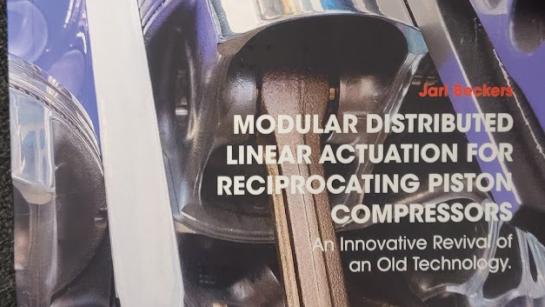
The analysis through the literature indicates that many previous studies have focused on different design levels of conventional Hybrid Electric Vehicle (HEV) topologies such as series, parallel and series-parallel. However, very limited number of studies are reported on considering sizing and control design levels of a comparatively recent hybrid drivetrain topology: HEV equipped with Electrical Variable transmission (EVT). On the other hand, the major research trends have been concentrating on standalone optimization for either component sizes or Energy Management strategy (EMS), which leads one to suboptimal results. To bridge the design gaps for the EVT-equipped HEVs, the present dissertation not only proposes a nested bi-level design framework for improving the fuel consumption and drivetrain costs, but also takes the subject matter to an experimental level to verify real-world applicability of online and offline EMSs. To this end, first the vehicle components and corresponding EMSs are developed and formulated in Simullink environment to build the whole vehicle model. Then, the nested bi-level optimization framework is proposed and coupled into the established model to iteratively work in tandem with MATLAB-based optimization scripts. The framework triggers the co-design optimization objectives and constraints as minimized fuel consumption, minimized powertrain costs, battery state of charge (SoC) maintenance, and charging limitations satisfaction at the same time. To this aim, it employs power sharing techniques combined with different evolutionary optimization algorithms as Genetic Algorithm (GA), Particle Swarm Optimization (PSO), Krill Herd (KH), Ant Lion Optimizer (ALO) and Ant Colony Optimization (ACO) for offline optimization; whereas an artificial intelligence approach working based on Artificial Neural Network (ANN) structures are used for online EMS evaluations. The study critically benchmarks the obtained outcomes from different perspectives including computational costs, charge sustaining, drivetrain costs, fuel consumption and experimental robustness verifications for the realized designs to provide insights for integrated design of HEVs from various aspects.
